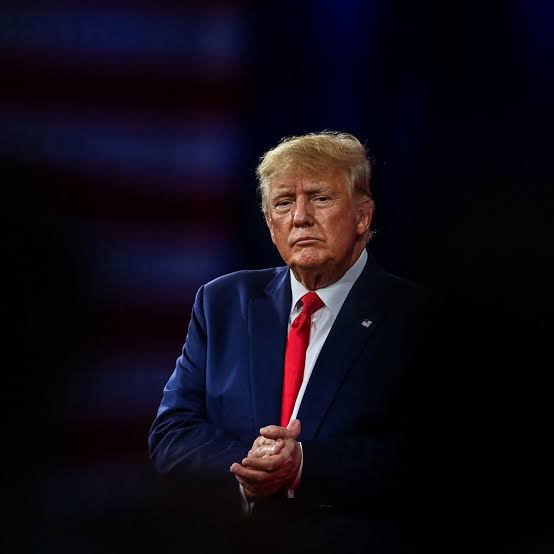NEWLY released tax returns for former President Donald Trump have shed light on his business losses, complicated tax set-ups and tax payments during his White House years.
However, they are unlikely to have a major political impact as he eyes another presidential run, experts say.
The documents confirmed that Mr Trump paid no federal taxes in 2020 and only $750 (£622) in 2016 and 2017.
He paid close to $1m in 2018, however.
A long legal battle led to the release of the records, and Mr Trump criticised the disclosure, warning that it will deepen the US political divide.
He added that the returns “show how proudly successful I have been and how I have been able to use depreciation and various other tax deductions as an incentive for creating thousands of jobs and magnificent structures and enterprises.”
Although there’s no law requiring it, it is tradition for presidents to publish their tax returns.
US presidents are paid a salary like any worker, but many also earn income from their personal businesses and investments.
The newly released documents include tax returns and related documents for Donald Trump, the Donald J Trump Revocable Trust and seven corporate entities.
They represent only a fraction of the former president’s over 400 separate business interests.
Previously released figures show that Mr Trump paid a total of $1.1m (£906,587) in federal income taxes from 2016 to 2019, all but $1,500 of which was paid in one year. He paid no taxes in 2020, the final year of his presidency.
The documents also show that Mr Trump, who had international business dealings, held bank accounts in Ireland, the United Kingdom and China for a period that ran from 2015-17.
The overseas accounts were notable, as Mr Trump held the White House in 2017, giving him significant power over US foreign policy. From 2018 onward, Mr Trump only reported having an account in the UK.
The records also show that the Internal Revenue Service – the US federal entity responsible for collecting taxes – did not audit Mr Trump during the first years of his presidency, only beginning in 2019 after Democrats sought to gain access to his tax records.







